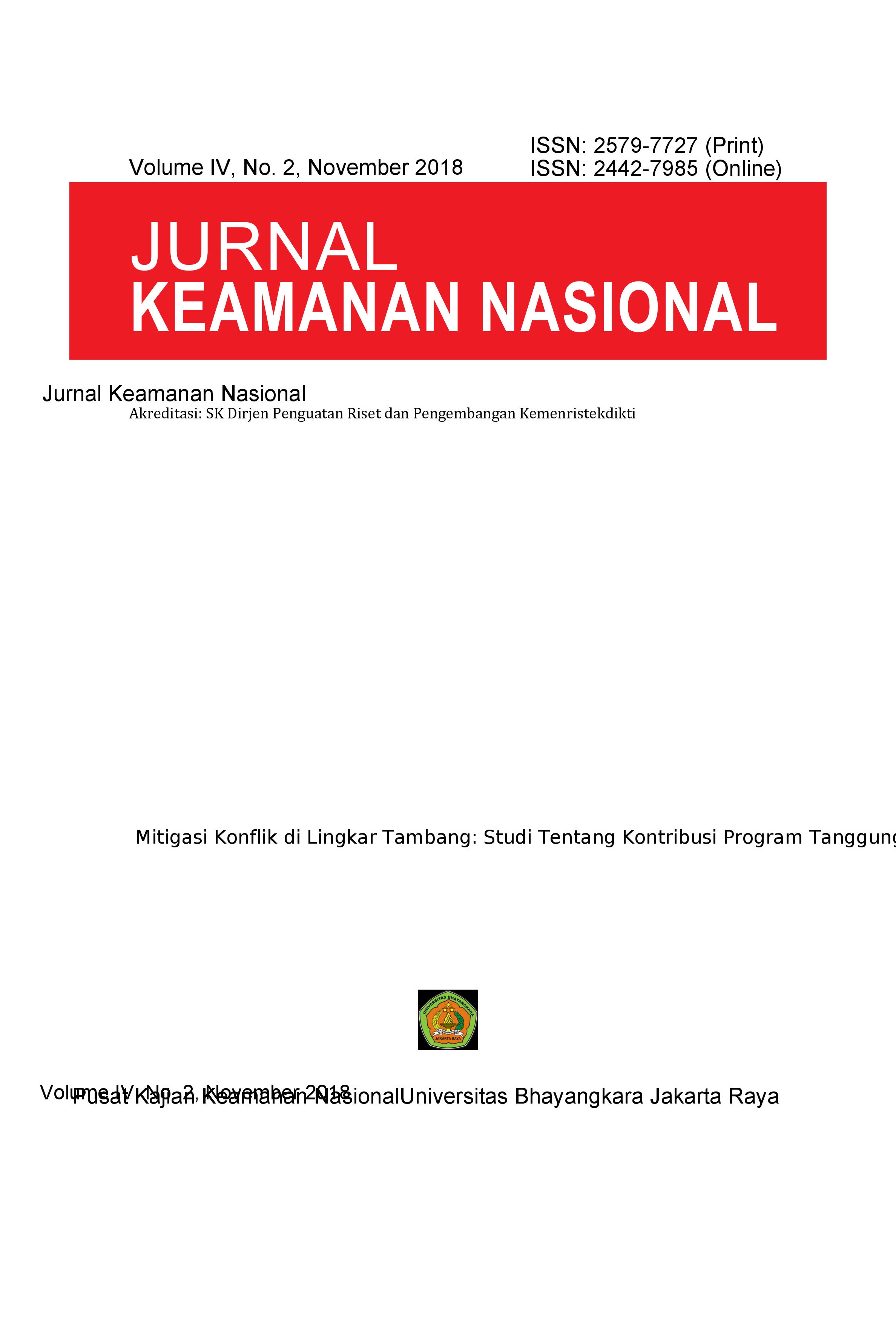Kebebasan Berserikat dan Keamanan Negara: Analisa Biopolitik Transformasi Kebebasan Serikat Buruh di Indonesia
Keywords:
biopolitics; freedom of association; labor rights; state security; political economy.Abstract
In general, there are two assumptions often associated with the Indonesian labor movement in the Reformation Era: (1) the labor movement inhibits the production process and the investment climate by conducting demonstrations and/or strikes and (2) the labor movement constantly makes unreasonable demands, generally attributed to wage increases demands. This paper attempts to position these assumptions as irrelevant and also potentially lead to backward thinking in seeing how the labor movement struggles to achieve prosperity for all Indonesian workers. Through biopolitical analysis, this paper tries to explain that giving workers the right to association will not threaten national security, as long as freedom of association can be regulated and directed to ensure the survival of labor, the conducive social relations of production, and the improvement of the living conditions of society to sustain the economic system. The analysis in this paper has led to the finding that the demands provided by the labor movement are part of the corrective mechanisms of the production system in Indonesia, and the freedom of labor to associate is an essential factor that can guarantee economic and political security as well as the sovereignty of the Indonesian state.
Downloads

Downloads
Published
Issue
Section
License
Please read and understand the copyright terms for submissions to this journal.
Copyright Notice
The Jurnal Keamanan Nasional is under the Creative Commons Attribution 4.0 International (CC-BY 4.0) License, according to which:
1) Authors retain copyright and grant the journal the right to first publication, with the work simultaneously licensed under the Creative Commons Attribution (CC-BY 4.0) that allows the sharing of articles published with the acknowledgement of authorship and the initial publication in this journal.
2) The authors are authorized to make additional contracts separately for distribution of the version of the work published in this journal (for example, publication in an institutional repository or as a chapter of the book), as long as there is recognition of authorship and initial publication in this journal.
3) Authors are authorized and encouraged to publish and distribute their work online (for example, in institutional repositories or on their personal pages) at any time before or during the editorial process, as it increases the impact and reference of the published work.












